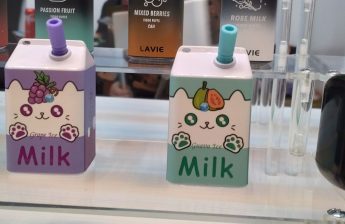KUALA LUMPUR, May 15 — More than a dozen pharmaceutical companies conspired to hike up the prices of generic drugs by up to 1,000 per cent, a lawsuit filed by 44 US states alleged.
The New York Times (NYT) reported the alleged price-fixing scheme by the drug companies — including Pfizer, Novartis, Teva, and Mylan — affected the prices of over 100 generic drugs, such as an HIV drug, an asthma medicine, a high cholesterol drug, an ADHD medicine, as well as oral antibiotics, cancer drugs, contraceptives, blood thinners, and antidepressants.
“We all know that prescription drugs can be expensive,” Gurbir S. Grewal, the New Jersey attorney general, was quoted saying in a statement.
“Now we know that high drug prices have been driven in part by an illegal conspiracy among generic drug companies to inflate their prices.”
The complaint by state prosecutors in the United States alleged that the price-fixing scheme involved more than 12 generic drug companies and just as many executives in charge of sales, marketing and pricing. Conspirators were allegedly aware that their actions were illegal and therefore avoided written records by coordinating instead at industry events like parties and golf outings.
US state prosecutors said most of the collusive activity happened from July 2013 to January 2015 when Teva increased the prices of almost 400 formulations of 112 generic drugs.
In the scheme, NYT reported that competitors allegedly agreed to cooperate on pricing so each company could maintain a “fair share” of the generic drug markets, while simultaneously colluding to make as many drugs as possible more expensive.
“Rather than enter a particular generic drug market by competing on price in order to gain market share,” the complaint reportedly stated, “competitors in the generic drug industry would systematically and routinely communicate with one another directly, divvy up customers to create an artificial equilibrium in the market, and then maintain anticompetitively high prices.”
Teva Pharmaceuticals USA, accused of being the leader in the conspiracy, has reportedly denied the allegations. Israeli drugmaker Teva Pharmaceutical Industries is one of the biggest manufacturers of generic medicines globally.
Pfizer has also reportedly denied any wrongdoing.








